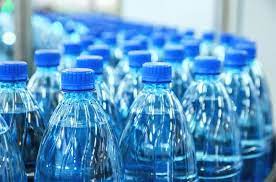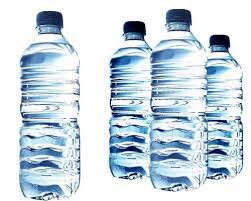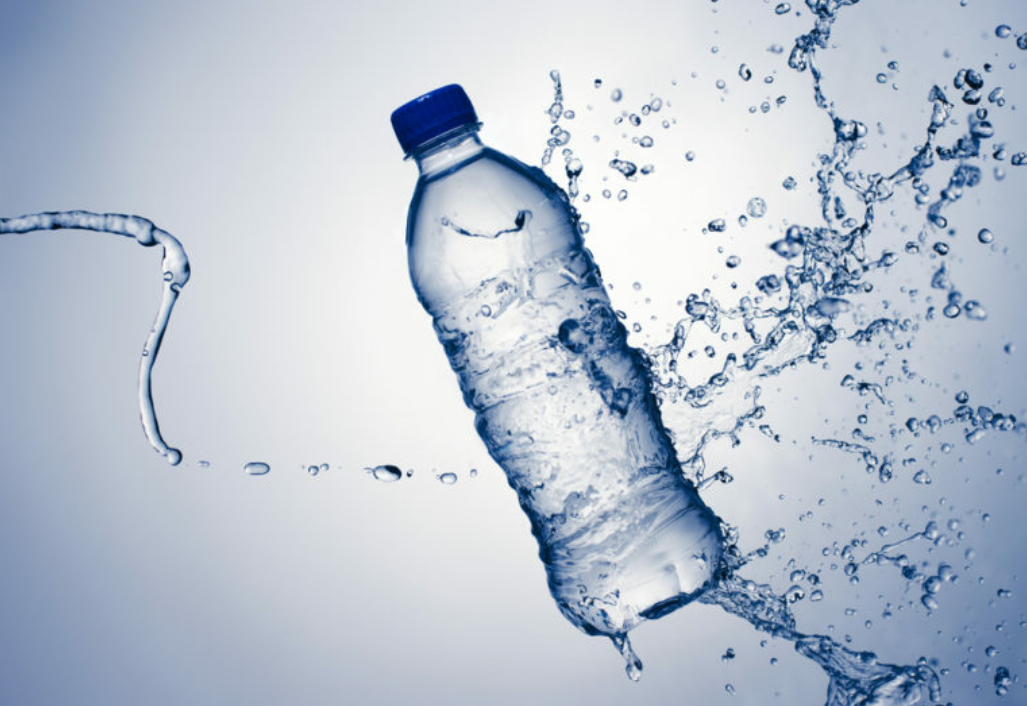
Introduction
Bottled water has become increasingly popular in recent years, with millions of plastic bottles being consumed every day. However, the environmental impact of this trend is cause for concern. In this article, we will explore the detrimental effects of traditional bottled water on the environment and discuss how bottle-free water dispenser offer a more sustainable choice. With a focus on health, we will also delve into the benefits of opting for alternative solutions.

Environmental Impact of Bottled Water
The production, transportation, and disposal of plastic water bottles contribute significantly to environmental pollution. Let's examine the various aspects of bottled water's environmental impact:
1. Plastic Waste
Plastic bottles are made from petroleum, a non-renewable resource, and require a considerable amount of energy to produce. The extraction and manufacturing processes release greenhouse gases, contributing to climate change. Moreover, discarded bottles often end up in landfills or as litter, taking hundreds of years to decompose.
2. Energy Consumption
The process of bottling and distributing water consumes a substantial amount of energy. From water extraction and purification to bottling, transportation, and refrigeration, each step requires electricity and fossil fuels. This reliance on energy sources that contribute to greenhouse gas emissions is detrimental to the environment.
3. Water Consumption
The production of bottled water also entails water consumption on a significant scale. It takes approximately three times the volume of water found in a bottle to produce that same bottle, taking into account the water used in plastic manufacturing and bottling processes. This exacerbates the issue of water scarcity in many regions around the world.
4. Pollution from Manufacturing
Besides plastic waste, the manufacturing process of plastic bottles releases harmful chemicals and pollutants into the environment. These pollutants can contaminate water sources, negatively impacting aquatic ecosystems and biodiversity.
5. Impacts on Wildlife
Improperly disposed of plastic bottles can find their way into rivers, streams, and oceans, posing a significant threat to marine and land wildlife. Animals can mistake plastic debris for food or become entangled in it, leading to injury, suffocation, or death.
Sustainability of Water Dispensers
Bottle-free water dispensers, also known as point-of-use water systems, offer a sustainable alternative to traditional bottled water. Let's explore the various aspects of sustainability when it comes to water dispensers:
1. Reduced Plastic Waste
By eliminating the need for single-use plastic bottles, water dispensers significantly reduce plastic waste. Instead of purchasing individual bottles, users can refill their reusable containers, minimizing the amount of plastic entering landfills or polluting natural environments.
2. Energy Efficiency
Water dispensers are designed to be energy-efficient, consuming less electricity compared to traditional bottled water production methods. By utilizing advanced filtration and purification technologies, these systems provide clean drinking water without the need for excessive energy consumption.
3. Sustainable Filtration
Bottle-free water dispensers often incorporate advanced filtration systems that ensure the water is clean, pure, and safe to drink. These systems remove impurities, chemicals, and contaminants, providing a healthier alternative to tap water while reducing the need for single-use bottled water.
4. Water Conservation
Water dispensers, especially those equipped with innovative water-saving technologies, promote water conservation. These systems can regulate water flow, reducing water waste and addressing the global issue of water scarcity.
5. Cost-Effectiveness
Investing in a water dispenser can be cost-effective in the long run. By eliminating the need to purchase bottled water, individuals and businesses can save significant amounts of money. Additionally, the reduced environmental impact aligns with corporate sustainability goals and individual efforts to protect the planet.
Conclusion
When considering the environmental impact of traditional bottled water, it is crucial to explore sustainable alternatives. Bottle-free water dispensers offer a more environmentally friendly choice, reducing plastic waste, energy consumption, and water usage. For health-conscious individuals and businesses, these dispensers provide clean, filtered water without the need for harmful single-use plastic containers. By adopting and promoting sustainable practices such as using water dispensers, we can move towards a more ecologically balanced and healthy future.
































